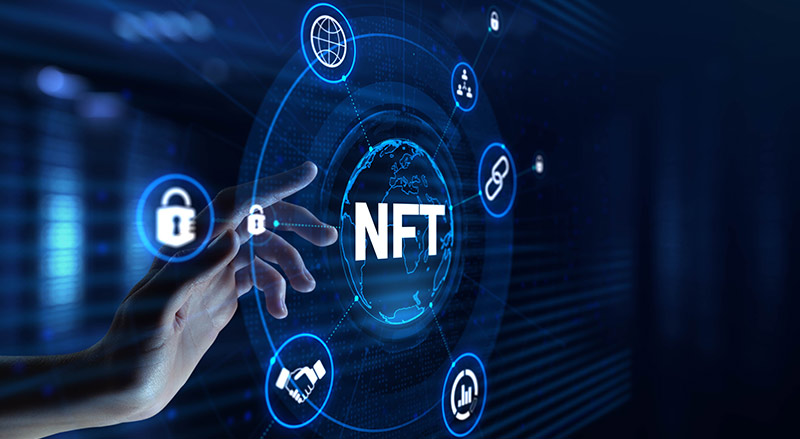With its scalability and regulatory compliance, the BSV blockchain is the most suitable Blockchain to bring government financial infrastructure to web3. One example of this is tokenised government bonds. During the Philippine Blockchain Week (Nov 28 – Dec 4, Manila), Simit Naik, Director Commercial and Strategy at nChain, spoke about this complex of topics. In this article, we will discuss how blockchain has the potential to improve how government bonds are managed and traded.
Tokenised Government Bonds
Government bonds are a popular investment tool due to being regarded as stable and relatively safe compared to other more volatile assets. They have long been issued as paper certificates. While they are now mostly digitised, tokenising government bonds provides many benefits over the status quo by leveraging blockchain technology.
Tokenisation involves representing ownership of traditional government bonds as digital tokens on a blockchain or distributed ledger platform. These tokens grant investors digital ownership of portions of government debt. This innovation transforms bonds into digitally accessible and tradable assets, introducing a range of benefits for both governments and investors.
nChain collaborates with governments worldwide to shape blockchain services
During the interview, Simit Naik revealed that nChain is working with governments to facilitate blockchain services and infrastructure. He mentions that CBDCs are at the centre of nChain’s efforts, but that they are also working on other products and services. One of which could also be tokenised government bonds.
He goes on to reveal that, globally speaking, there are no blanket solutions, but that the end products always result from individual requirements:
‘When we work with governments, the conversations do take a long time. There are very different ideas and different perspectives that we need to be able to address. There is policy, there is regulation, and that is even before we get to the technology.’
In the example of tokenised government bonds, there are a variety of benefits that can be realised by both governments and investors.
The benefits of tokenisation for governments
- Cost Efficiency: The traditional process of issuing and managing government bonds involves significant administrative and intermediation costs. By tokenising bonds, governments can streamline these processes, reducing operational expenses and increasing the efficiency of debt management.
- Wider Investor Base: Tokenisation opens the doors to a broader pool of investors, including retail investors who might have previously found it challenging to access government bonds due to high minimum investment requirements.
- Global Accessibility: Tokenised government bonds can be accessed and traded globally, enabling governments to tap into international capital markets more effectively and diversify their investor base.
The benefits of tokenisation for investors
- Liquidity: Tokenised government bonds can offer enhanced liquidity compared to traditional bonds. Investors can trade their digital tokens on secondary markets, potentially leading to tighter bid-ask spreads and easier entry and exit points.
- Fractional Ownership: Tokenisation allows for fractional ownership of bonds, enabling investors to participate with smaller investment amounts. This democratises access to government bonds and makes them more attractive to a wider range of individuals.
- Transparency: Blockchain technology ensures transparency in transactions and ownership records. Investors can confidently track their holdings and verify their ownership without relying on intermediaries.
- Automation: Smart contracts embedded in tokenised bonds can automate interest payments and bond redemptions, reducing the need for manual processes and minimising the risk of errors.
- Diversification: Tokenised government bonds offer investors an opportunity to diversify their portfolios with a well-established asset class while benefiting from the potential growth of blockchain technology.
nChain’s solution for tokenising government bonds – Asset Trade
Furthermore, nChain also offers a solution for tokenising assets – their solution is called Asset Trade. It is a pivotal tool fostering financial inclusivity within the modern economy. By leveraging blockchain technology, Asset Trade offers a streamlined approach to managing assets, accounts, and ledgers across diverse organisations and institutions.
This solution empowers swift and cost-effective digital payments, cross-border remittances, asset tokenisation, interbank clearing, settlement, and cross-asset transactions. Notably, Asset Trade seamlessly integrates with nChain’s digital cash product, presenting a comprehensive array of features tailored for governments and financial entities.
